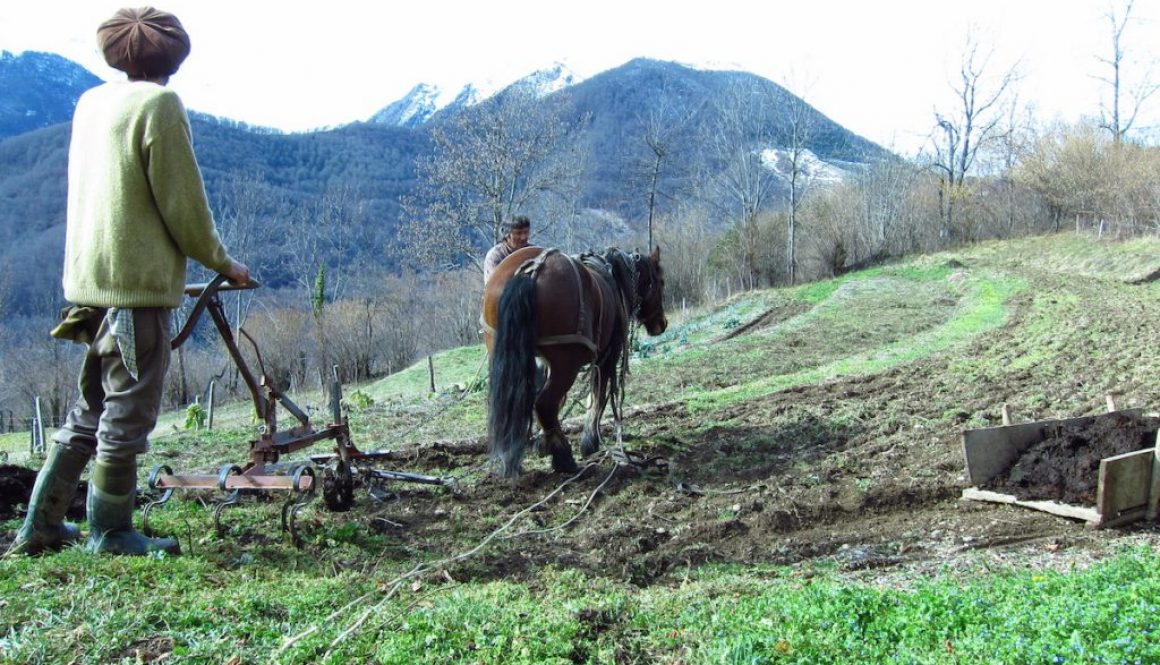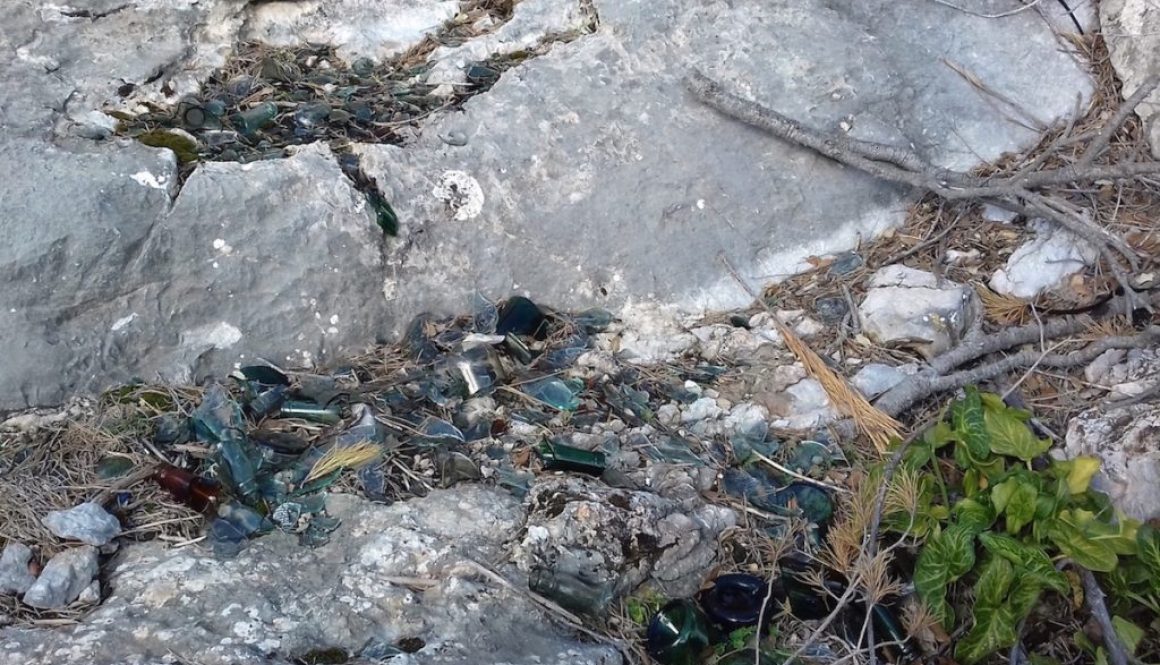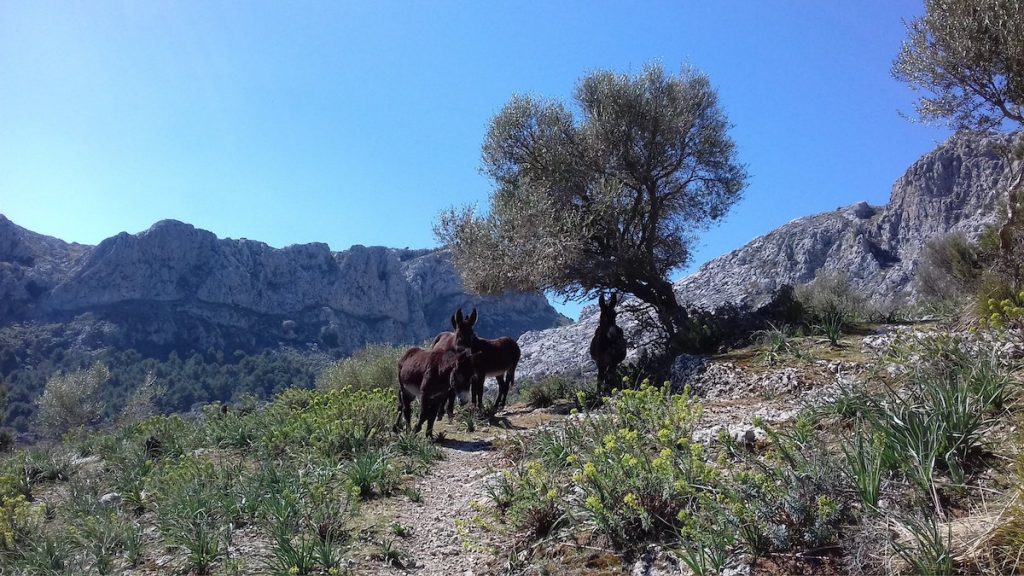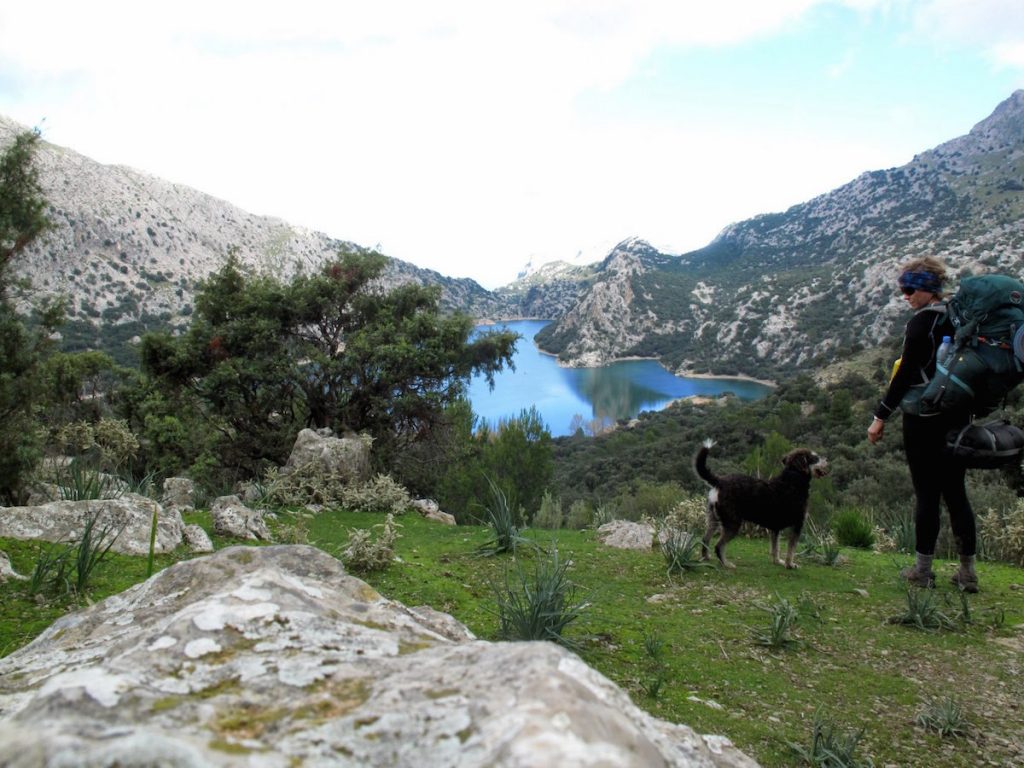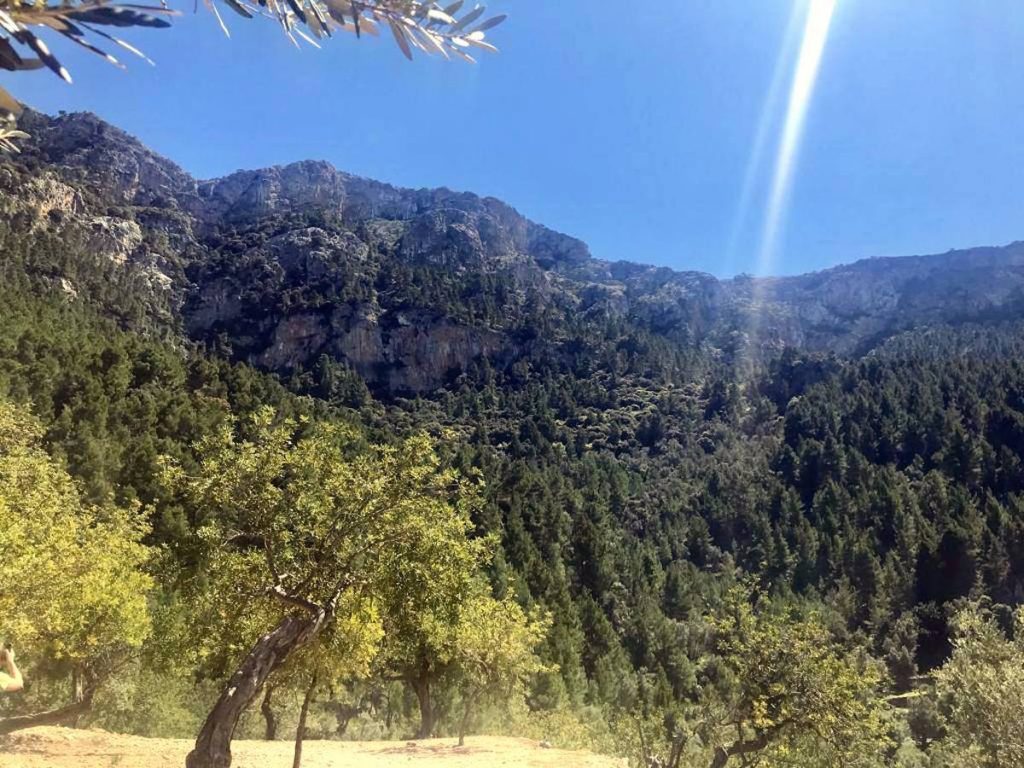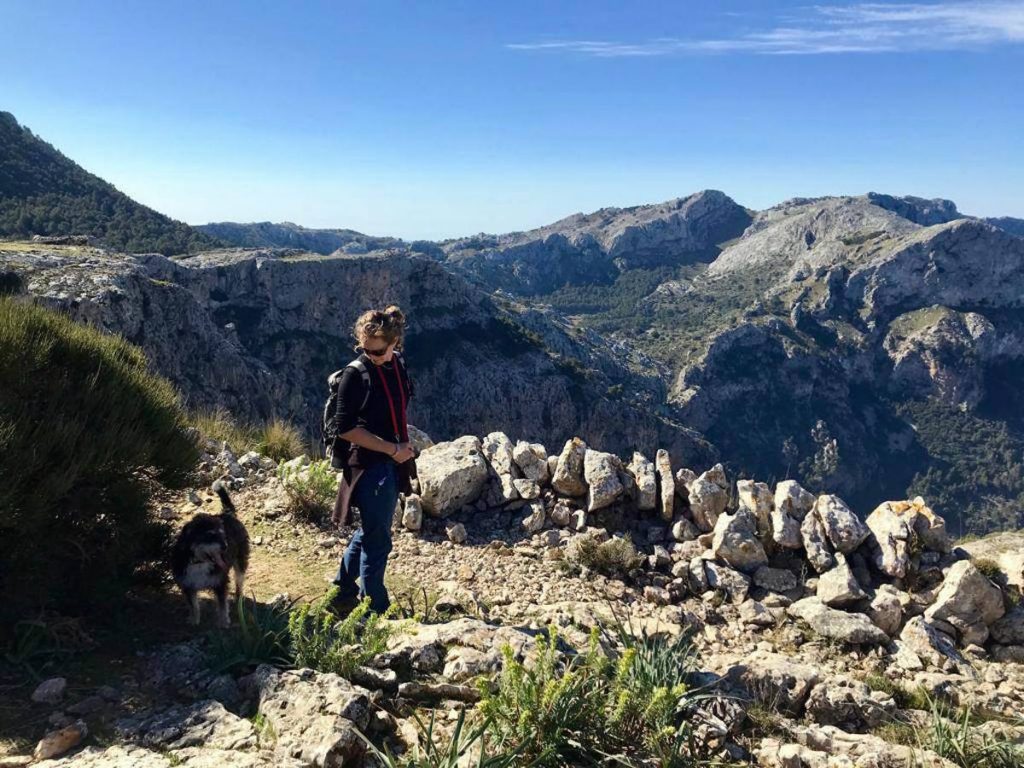•Voluntourism
Voluntourism
The pros and cons of unpaid labour
Every winter I pack my old van full of home made chutney, blankets, bobbly hats, and emergency Supernoodles, then head to France to volunteer on organic farms. Through the WWOOF programme, or ‘woofing’, I’ve stayed in log cabins up mountains, ran a derelict donkey farm, lived in an abandoned wine cellar, been a sheep shepherdess in torrential rain, and planted leeks in a bog in Brittany. They called me a ‘woofeuse’!:)
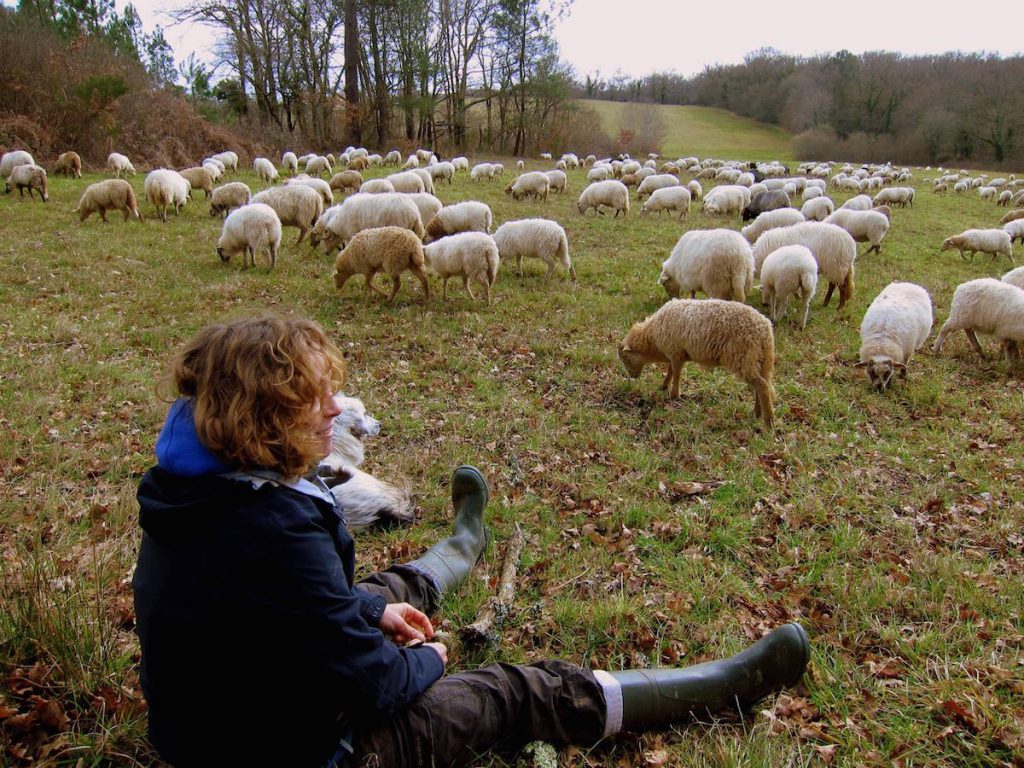
We are expected to work hard for a few hours in exchange for some form of lodgings, great local food and eccentric company in a foreign language. Enriching win-win experiences in my eyes.
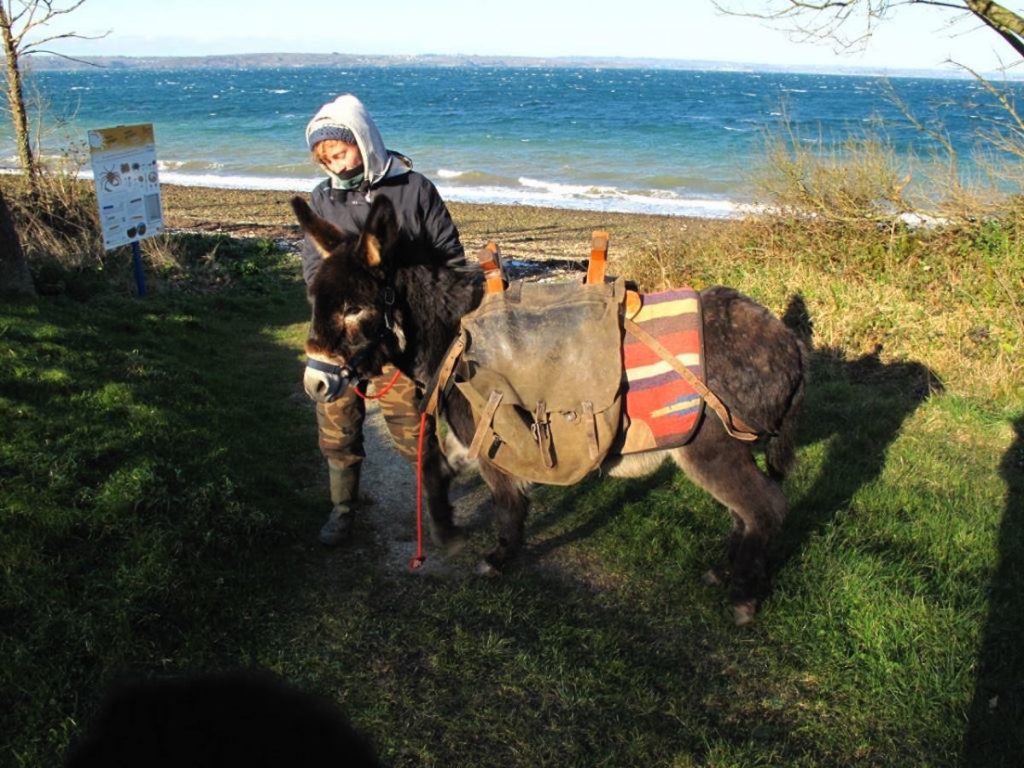
So how does this type of simple, quid pro quo volunteering compare to paying £6000 for 3 weeks in Africa staying at high-end resorts (tourism) and “helping the poor”? Do these folk need or want our help, or developing? Are they poor by our standards or theirs?? How did volunteering become a profitable business? Volunteering was once about a group of strangers working together for a common cause, such as during a beach clean, which strengthens our sense of community. To me it’s about embracing others, their lifestyles, customs, and knowledge. It seems we can now marry tourism and volunteering and create a whole new market to exploit the gullible.
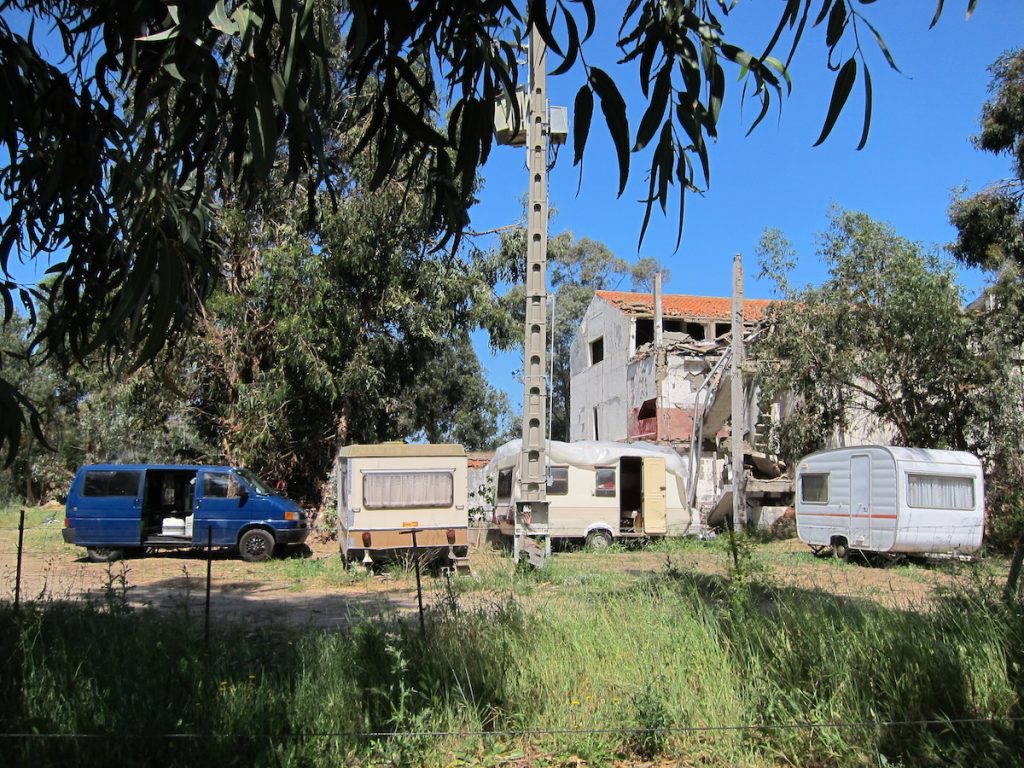
I blame documentaries, personally. There has been an enormous surge in the amount of university graduates hoping to land planet-saving jobs, just like our heroes did. It seems though, that government and industries, whilst perhaps recognising the need for more research, are not yet prepared to prioritise this need and fork out the money. Increasingly, we find ourselves needing “experience” to land an entry-level job, and will do anything to gain it. Enter “voluntourism”. Marketing strategies are based on leading young westerners to believe that volunteering will increase their job prospects, that these poorly disguised holidays “ will look good on a CV”. But do they really?? Statistics now show that the relationship between having volunteered and finding a job depends on individual circumstances, is far from straightforward, and in young age groups can actually lower the chances of finding paid work. This is because rather than actively applying for jobs we are doing dive courses in Malaysia.
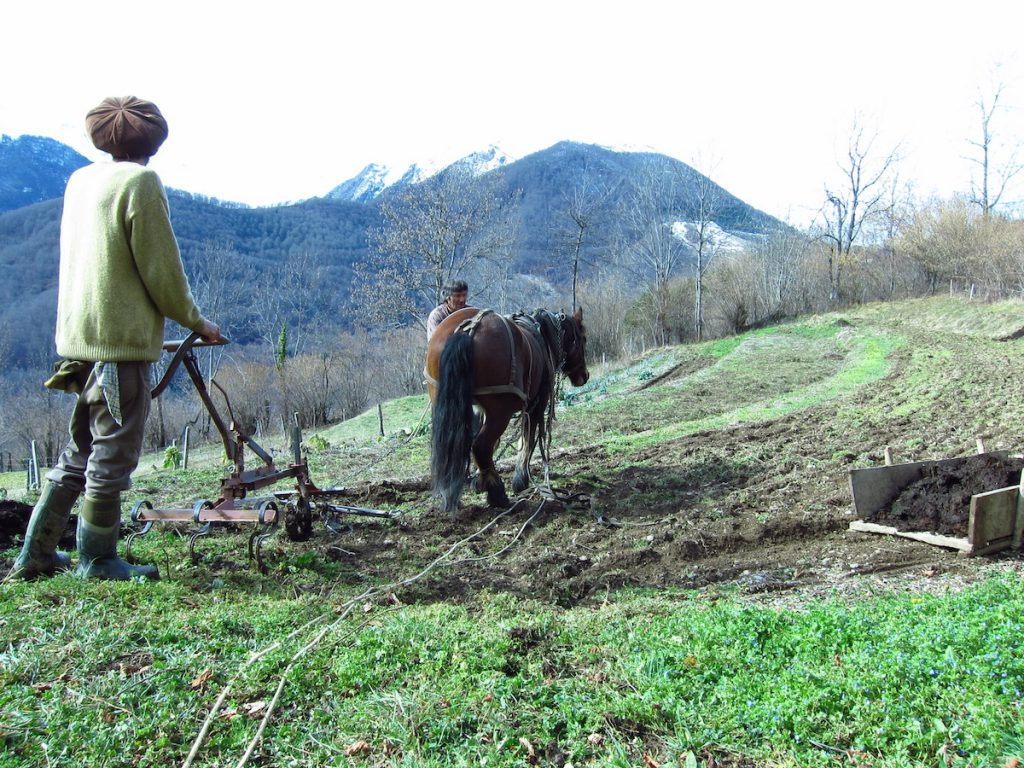
Another down side is that volunteering can damage communities by taking away paid jobs for locals. It can damage science because rather than recruit (and pay) a well prepared, albeit green graduate, who doesn’t want to volunteer as needs to repay their student loan, positions are filled by untrained volunteers. The truth is that most of us cannot afford to volunteer for extended periods of time to gain this “experience” required for an entry-level job. A friend of mine once told me that “you learn by doing things”-wise words. So how about businesses not taking the big old p…and giving recent graduates, young and not so young, and that have spent in the region of £50.000 on qualifications, a chance to learn on the job whilst earning a decent wage?
While I absolutely do advocate volunteering, it pays to do some research into who you do it with beforehand. Try and volunteer with local organizations in the host communities, rather than pay a fortune to a western-based business. Though less exotic, closer to home organizations may be more transparent, and are less likely to mask remote beneficiaries and business scams.
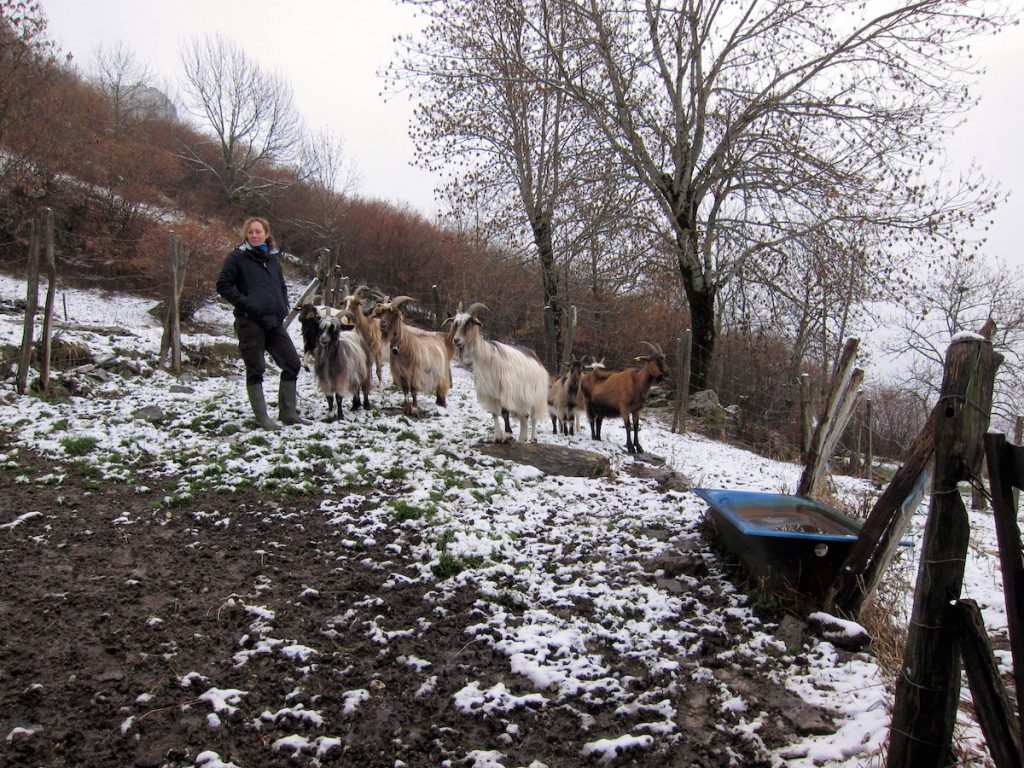
Regardless of what is does for ones’ CV, more often than not, volunteering is about what we get out of it, i.e personal fulfilment, rather than what we put in, i.e. altruistically helping anyone. Volunteering makes you feel good, and there are plenty of opportunities to volunteer in Menorca; check out BeachcleanMenorca, Menorca Preservation Fund, GOB, or AECC.
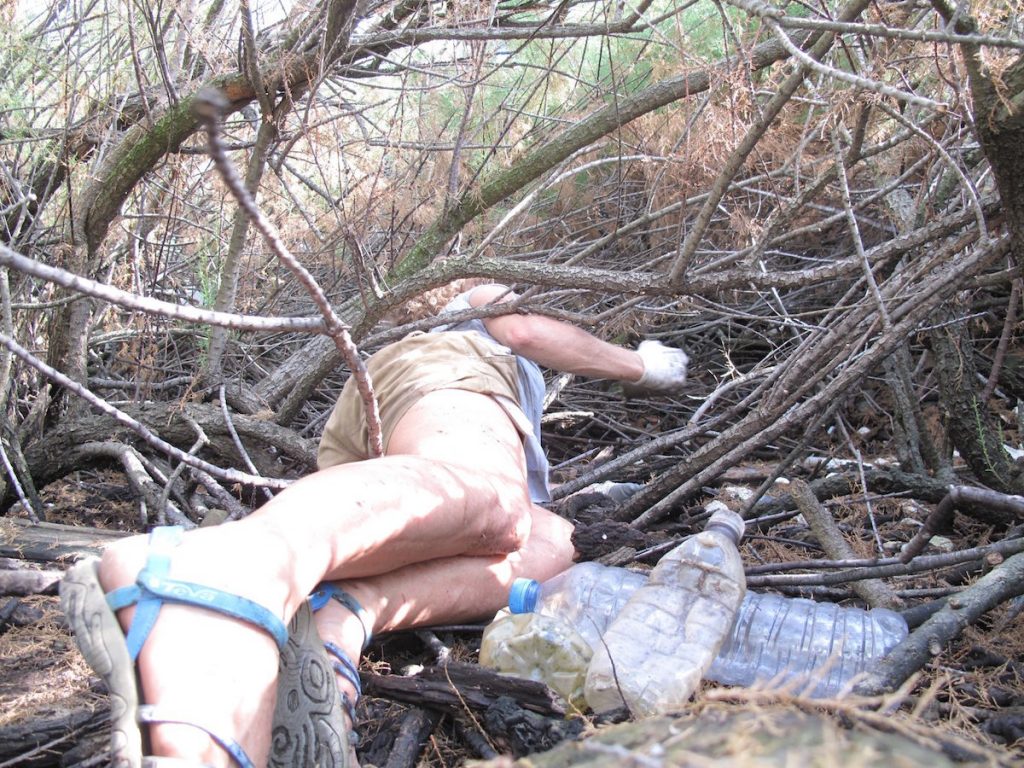
GOB’s Wildlife Recovery Centre, located in a disused quarry at Lithica in Ciudadela, is run almost entirely by volunteers. Injured hedgehogs, falcons, tortoises and pine martens all end up there, where they are treated and then ideally returned to the wild. Usually these animals have been hit or squished by cars, electrocuted or shot by hunters. Volunteer tasks include; cleaning peregrine falcon, barn owl, Egyptian vultures or booted eagle enclosures out, having previously carried the inmates outside on your gloved hand; delousing hedgehogs, who can get very grumpy and growl at you; counting and sexing hundreds of baby tortoises, worming the scops’ owls, making sure to get the syringe beyond the windpipe and into the gullet, and weeding the paths. Mid morning we stop to enjoy oranges picked fresh from the trees, and in the summer months, all operations are overseen by Fausto the African spurred tortoise. He belongs to the third largest species of tortoise on the planet, his relatively long legs mean he follows visitors around the centre with astonishing speed, ever curious about what is being said. Unfortunately for his admirers, he is currently overwintering in warmer lodgings than most of us are, at a heated house in Ciudadela, and has an iguana to keep him company!

Volunteering can be a great lot of fun, plus you meet lots of like-minded folk you never knew existed, so give it a go! Having said that, untangling voluntourism is far from straightforward, for example, 80% of voluntourists are said to be women! This could illustrate how it’s easier to exploit female heartstrings with stories of helping the poor. For an interesting read on the subject see ‘Looks good on your CV’: The sociology of voluntourism recruitment in higher education, by McGloin & Georgeou.
